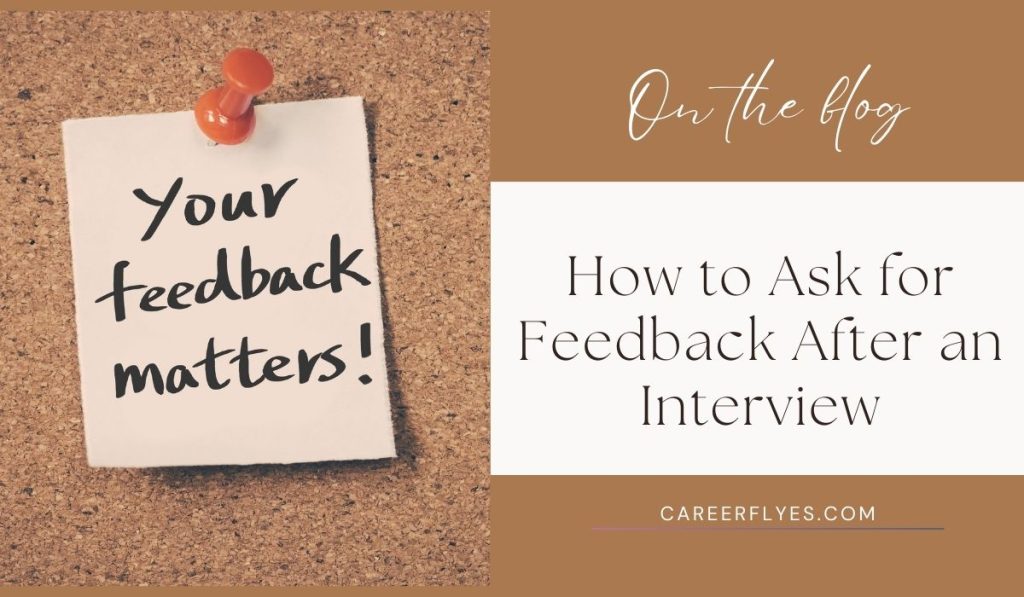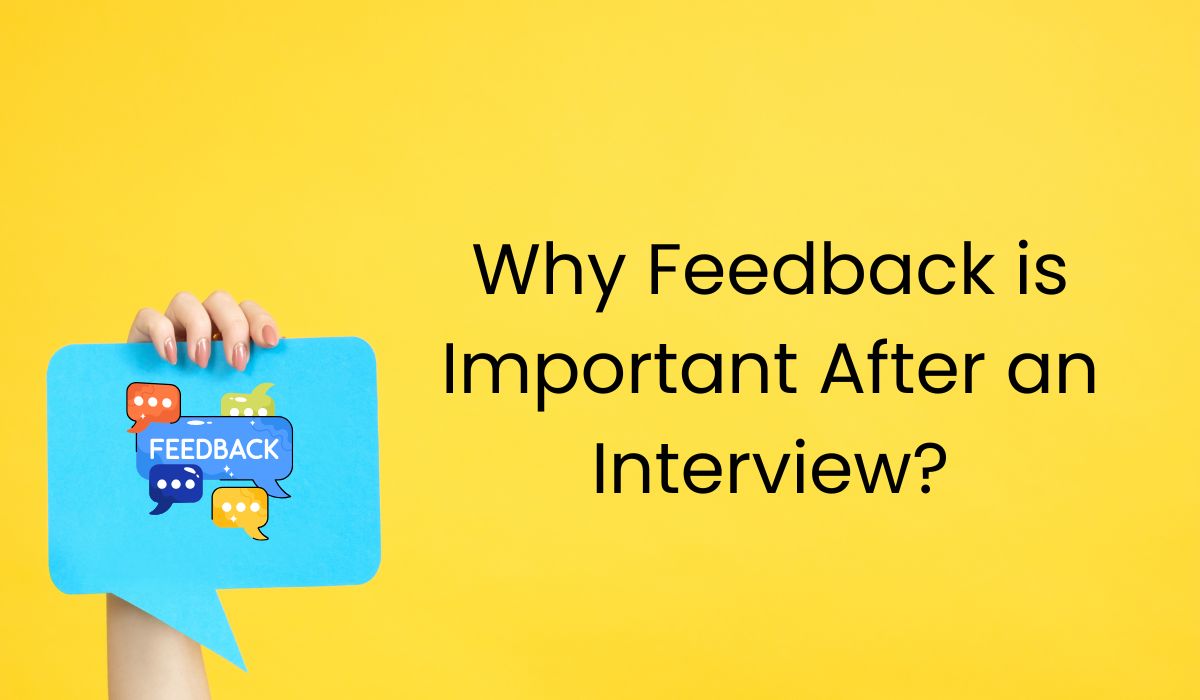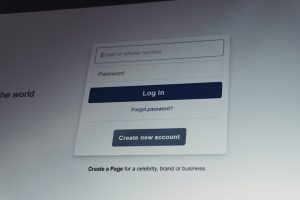How to Ask for Feedback After an Interview
4 min read
Ever left an interview feeling a little unsure about how you did? Getting feedback can be super helpful! It helps you figure out what went well and what you might want to work on. In this article, we’ll dive into how to effectively ask for feedback after your interview, why it’s important, and what to do with the feedback you get.
Why Feedback is Important After an Interview?

Feedback is like gold when it comes to personal and professional growth. After an interview, it can really help you spot your strengths and weaknesses. Knowing what you did well can boost your confidence, while understanding where you fell short gives you a chance to improve.
Plus, constructive feedback can help you perform better in future interviews. Every interview is a learning experience, and by gaining insights from your past, you can sharpen your skills for next time. And let’s be honest, asking for feedback shows that you care about learning and growing, which can leave a good impression on potential employers!
When to Ask for Feedback
Timing is everything when you’re seeking feedback after an interview. It’s best to reach out within a few days of your interview while everything is still fresh in the interviewer’s mind. If you didn’t get the job, that’s a perfect moment to ask for feedback. It shows that you’re eager to learn and improve.
Reaching out soon also keeps the lines of communication open, showing that you value the interviewer’s opinion. Waiting too long might make them less inclined to help since they could be busy with other candidates.
How to Ask for Feedback After an Interview
When it comes to asking for feedback, picking the right way to communicate is key. Email is usually your best bet since it allows the interviewer to respond at their convenience. Here’s how to craft your message:
Crafting Your Message
Start your email with a warm thank-you note. Show appreciation for the time they spent interviewing you. This sets a friendly tone for your request.
Next, let them know you’re looking for feedback. You might say something like, “I’d love any feedback you could share about my interview.” This shows you’re open to hearing what they have to say.
Be specific in your request! Instead of a vague ask, try something like, “Could you give me feedback on my answers to behavioral questions?” This way, you’re likely to get more useful insights.
Sample Email Template
Here’s a simple email template you can use when you want to ask for feedback:
Subject: Thank You and Request for Feedback
Dear [Interviewer’s Name],
I hope you’re doing well! I wanted to thank you for the opportunity to interview for the [Job Title] position at [Company Name]. I really enjoyed our chat and learning more about the team.
If you have a moment, I’d greatly appreciate any feedback you could share regarding my interview performance. Specifically, I’m interested in any areas where I could improve or aspects that stood out positively.
Thanks again for your time, and I hope to hear from you soon!
Best,
[Your Name]
[Your LinkedIn Profile or Contact Information]
What to Do With the Feedback
Once you get feedback, take a moment to reflect on what you’ve learned. Whether it’s good or not-so-good, it’s all valuable. Thinking about the feedback helps you understand it better and figure out what steps to take next.
Implementing Changes
Use the feedback to make real changes in your interview techniques or preparation. If they pointed out a specific area for improvement, create a plan to tackle that. For example, if they mentioned you could enhance your answers to behavioral questions, practice those types of questions with a friend or mentor.
Follow Up
If the feedback you received was especially helpful, consider sending a quick thank-you note back. This reinforces your appreciation and keeps the lines of communication open.
Things to Avoid When Asking for Feedback
When you’re asking for feedback, watch out for a few common pitfalls. First, don’t come off as pushy. While it’s great to want feedback, being demanding can create a negative impression. Respect the interviewer’s time and be patient!
Also, remember to be considerate of their other commitments. If they don’t respond right away, give them some time. Everyone has busy schedules, and it’s important to be respectful.
Finally, always express gratitude, no matter what the feedback is. Whether it’s positive or critical, thanking them shows maturity and professionalism.
Conclusion
Asking for feedback after an interview is a fantastic way to enhance your performance and develop your skills. By following the steps in this article, you can effectively request feedback that provides valuable insights for your future interviews.
Give it a Try: Take a moment to draft your feedback request after your next interview! If you have tips or experiences to share about the feedback process, drop a comment below. And don’t forget to subscribe for more helpful advice on job searching and interview strategies!






